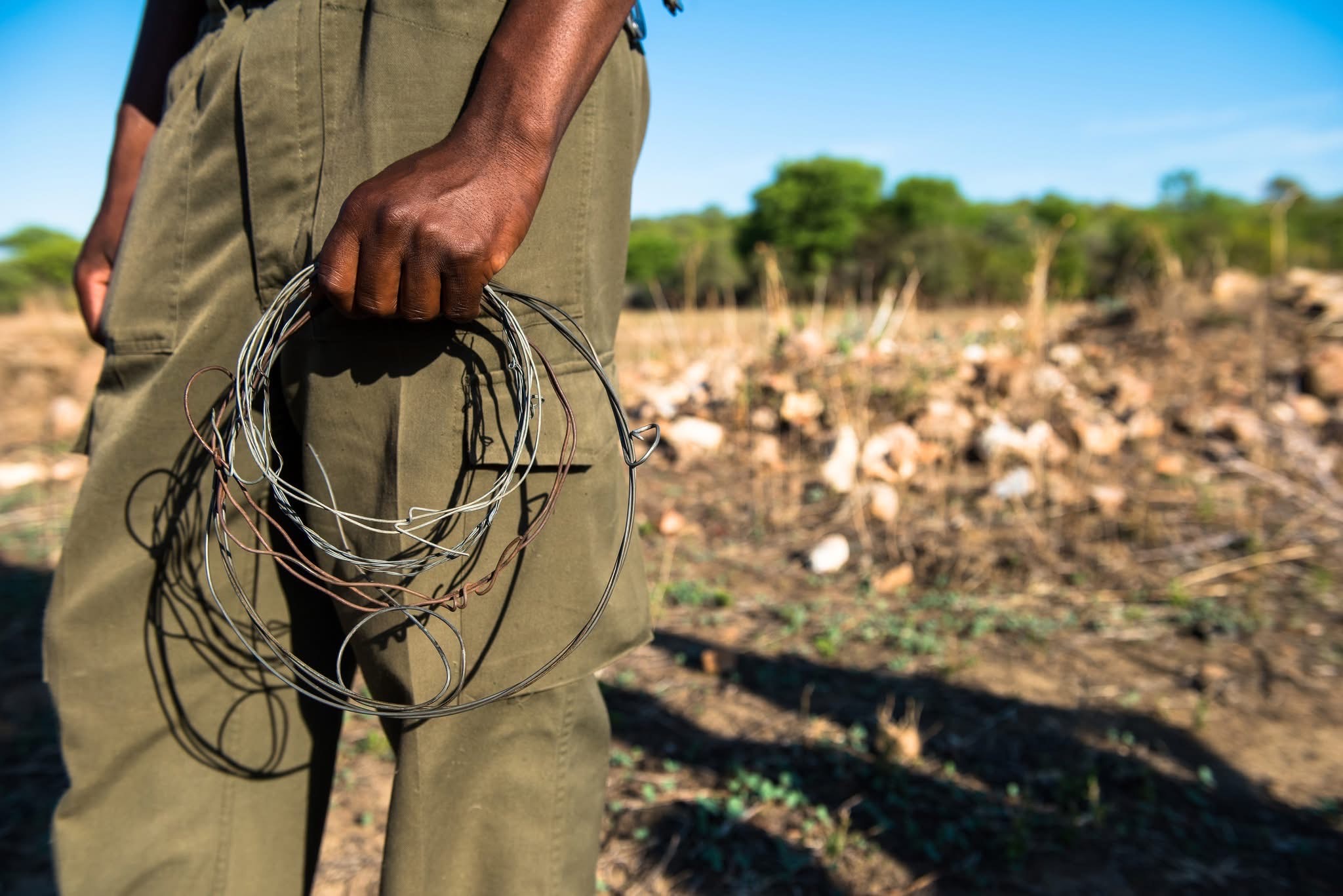BY VIMBAI CHINEMBIRI / GAMUCHIRAI MASIYIWA
In early 2020, communities around Hwange
National Park, in southwest Zimbabwe, feared the worst.
On the fringes of the park, not far from the
popular Sinamatela wildlife resort, miners explored whether the area held
enough coal to mine.
This part of Sinamatela, which the government
labels as an Intensive Protection Zone, is home to about 45,800 elephants.
Black rhino, which are critically endangered, also live there.
But in September, the Zimbabwean government
ordered a stop to mining in protected areas.
Conservationists breathed a sigh of relief.
Not for long.
Environmental activists fear the new policy –
which doesn’t carry the weight of law – has failed to shield tens of thousands
of animals and sacred sites in protected areas, kindling conflict between
humans and wildlife that has killed scores of people since last year.
Mining in protected areas is “increasingly
becoming a usual occurrence, from both large scale and artisanal miners within
protected areas,” according to a report published by the Zimbabwe Environmental
Law Association, an organisation that focuses on research and policy.
In other parts of the world, such as the
American West, mining-related lung infections have afflicted some animals.
Electric cables have killed birds. Fish have
died because of rerouted streams.
Protected areas in Zimbabwe are rich in gold
and coal deposits, “so people have been moving in for economic gain,” said Nqobizitha Ndlovu, the national legal and
policy adviser at the environmental law association.
In Zimbabwe, 64 protected areas include
national parks, botanical reserves, sanctuaries, safaris and recreational
parks, covering nearly 13% of the country’s land.
Early last year, locals spotted miners
drilling in Hwange National Park.
Initially, they weren’t concerned, as they
were used to seeing miners in the area.
But they grew alarmed when, a few months later,
the miners’ company produced a permit to explore for coal.
Park officials, safari owners, ordinary
residents and community leaders led distress calls online, via the media and
through community meetings challenging how the miners had won their permits.
Mining in protected areas can occur only with
consent from the Ministry of Environment, Climate, Tourism and Hospitality, the
Ministry of Mines and Mining Development, and Zimbabwe’s president, according
to the Parks and Wildlife Act.
Activist Fidelis Chima, coordinator of the
Greater Whange Residents Trust, together with the law association, took the
government to court in September, arguing that officials hadn’t received such
consent.
And two days later, the government halted
mining in protected areas.
But the new policy isn’t a law.
“In terms of the laws of the country, policies
are generally not binding, so if the government issues a policy and [envisions]
that that policy should be binding, it should then change that policy into a
legislation,” Ndlovu saod.
Absent a law, mining persists in protected
areas, Ndlovu said. These areas include Chimanimani, which covers 171 square
kilometers and is famous for its elegant
mountains and Eland Sanctuary.
It also hosts, among other wildlife: zebra;
klipspringer, a small antelope known for its rock-climbing ability; bushbuck;
hyena; and leopard.
“The area is basically occupied with illegal
[freelance]
miners,” Ndlovu says.
Mining left a trail of destruction, including
deforestation and open pits, which affected the fauna and flora that attract
people to these parks, said Collen Sibanda, a tour guide in Chimanimani.
Miners disturbed tributaries and dug inside
sacred caves, he said. They removed cave stones in search of gold.
Tinashe Farawo, spokesperson for the Zimbabwe
Parks and Wildlife Management Authority, denied those claims.
“We have been trying to protect the park from
our end to avoid illegal mining problems,” Farawo said.
“We
don’t have such reports. We have asked people to bring evidence of such
activities, but no one is forthcoming.”
Mining risks heightening conflict between
humans and wildlife, as evidenced by a local company’s impact on a protected
safari area 10 kilometers outside Hwange town, says a conservationist who
requested anonymity for fear of retribution.
“The animal habitat has been affected terribly
because they tend to move toward human habitat because of the noise from mining
and contaminated water,” said the conservationist.
In January, a mining dump truck knocked down
two elephants, he says.
And elephants, crocodiles and buffalo killed
50 people nationwide in the first half of last year due to mining activities
and human-wildlife conflict, according to a report by the Centre for Natural
Resource Governance, a Zimbabwe-based research and advocacy organisation.
Onesimo Moyo, permanent secretary in the
Ministry of Mines and Mining Development, said the agency plans to cancel all
mining titles held in protected areas.
But that doesn’t put everyone at ease.
Government officials must better acquaint
themselves with the sites to which they give special grants, says Chief Charles
Nekatambe, of Sinamatela.
“No one should mess with [our sacred places],
or anger our ancestors,” he said. “There are cultural processes that are done
before mining occurs. This should be respected.” – Global Press Journal

 Slider3 years ago
Slider3 years ago
 National4 years ago
National4 years ago
 Tourism and Environment4 years ago
Tourism and Environment4 years ago
 Opinion4 years ago
Opinion4 years ago
 Special reports4 years ago
Special reports4 years ago
 National4 years ago
National4 years ago
 National3 years ago
National3 years ago
 National3 years ago
National3 years ago
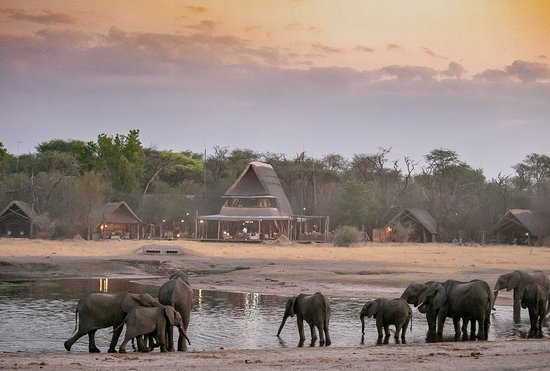

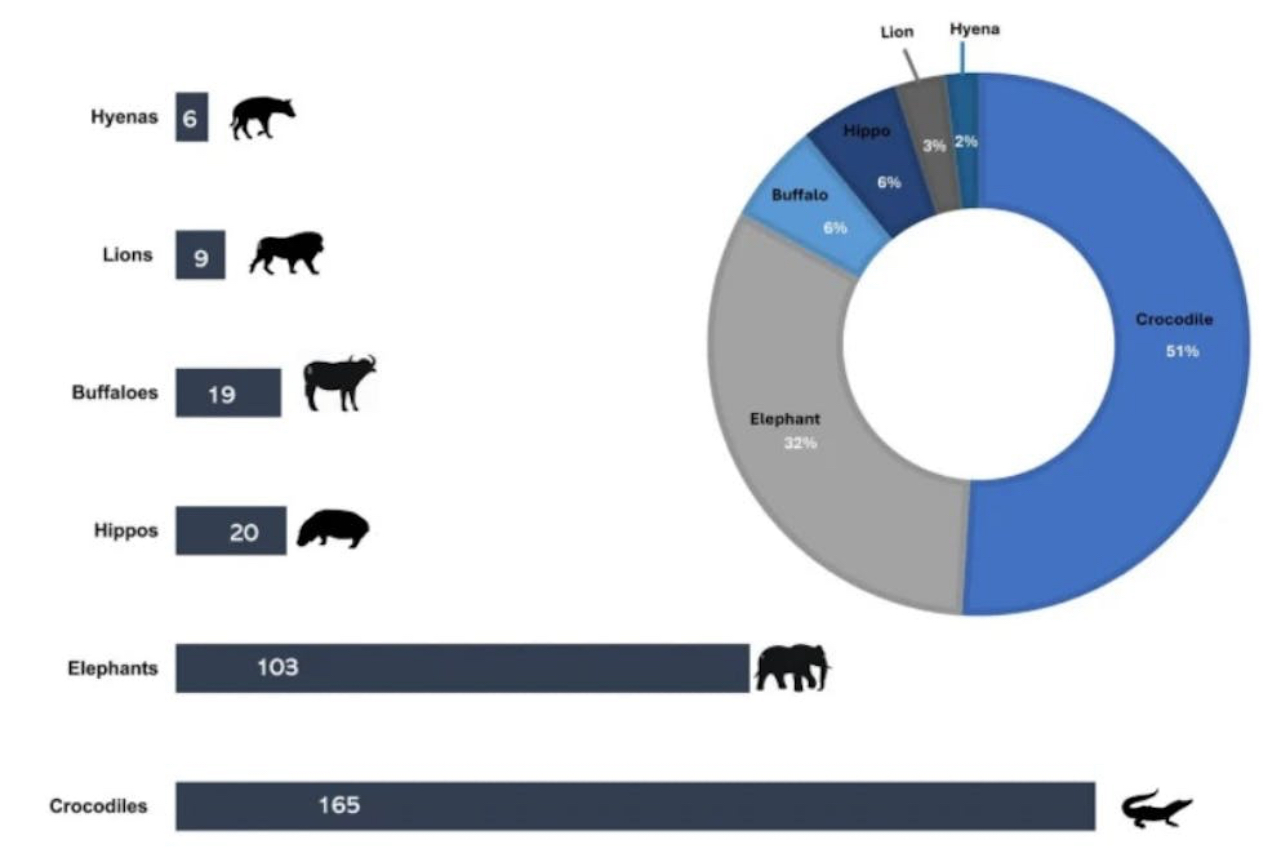
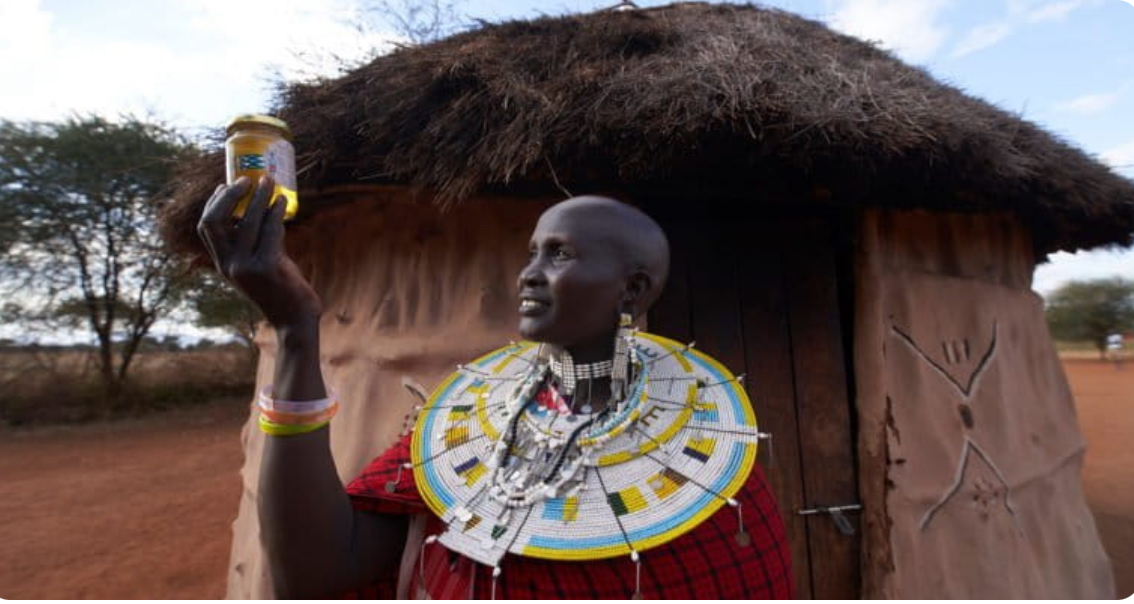

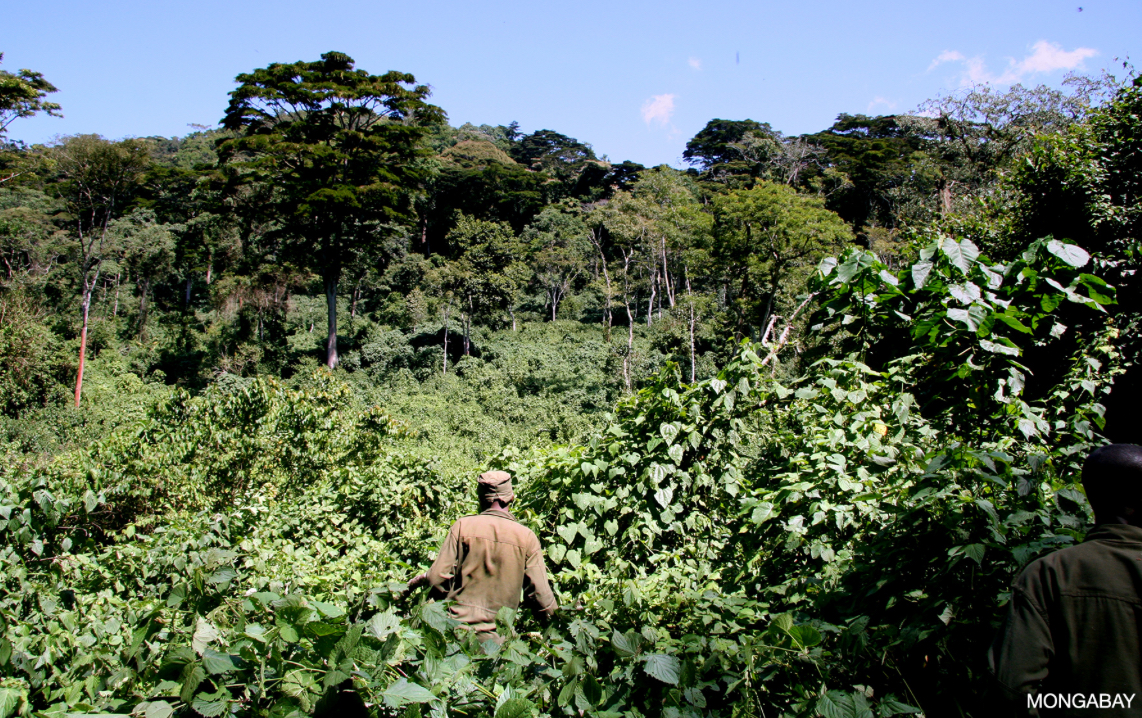 The paper pays particular attention to the current push to expand protected areas to cover 30% of the planet by 2030. In principle, the authors argue, this target could support more pluralistic forms of conservation, including Indigenous-managed territories and community conservancies. In practice, they warn, countries lacking legal mechanisms to recognize customary land rights may default to state-led models that repeat earlier injustices. Conservation success, measured narrowly through ecological indicators, can come at high social cost when human rights are treated as secondary concerns.
The paper pays particular attention to the current push to expand protected areas to cover 30% of the planet by 2030. In principle, the authors argue, this target could support more pluralistic forms of conservation, including Indigenous-managed territories and community conservancies. In practice, they warn, countries lacking legal mechanisms to recognize customary land rights may default to state-led models that repeat earlier injustices. Conservation success, measured narrowly through ecological indicators, can come at high social cost when human rights are treated as secondary concerns.